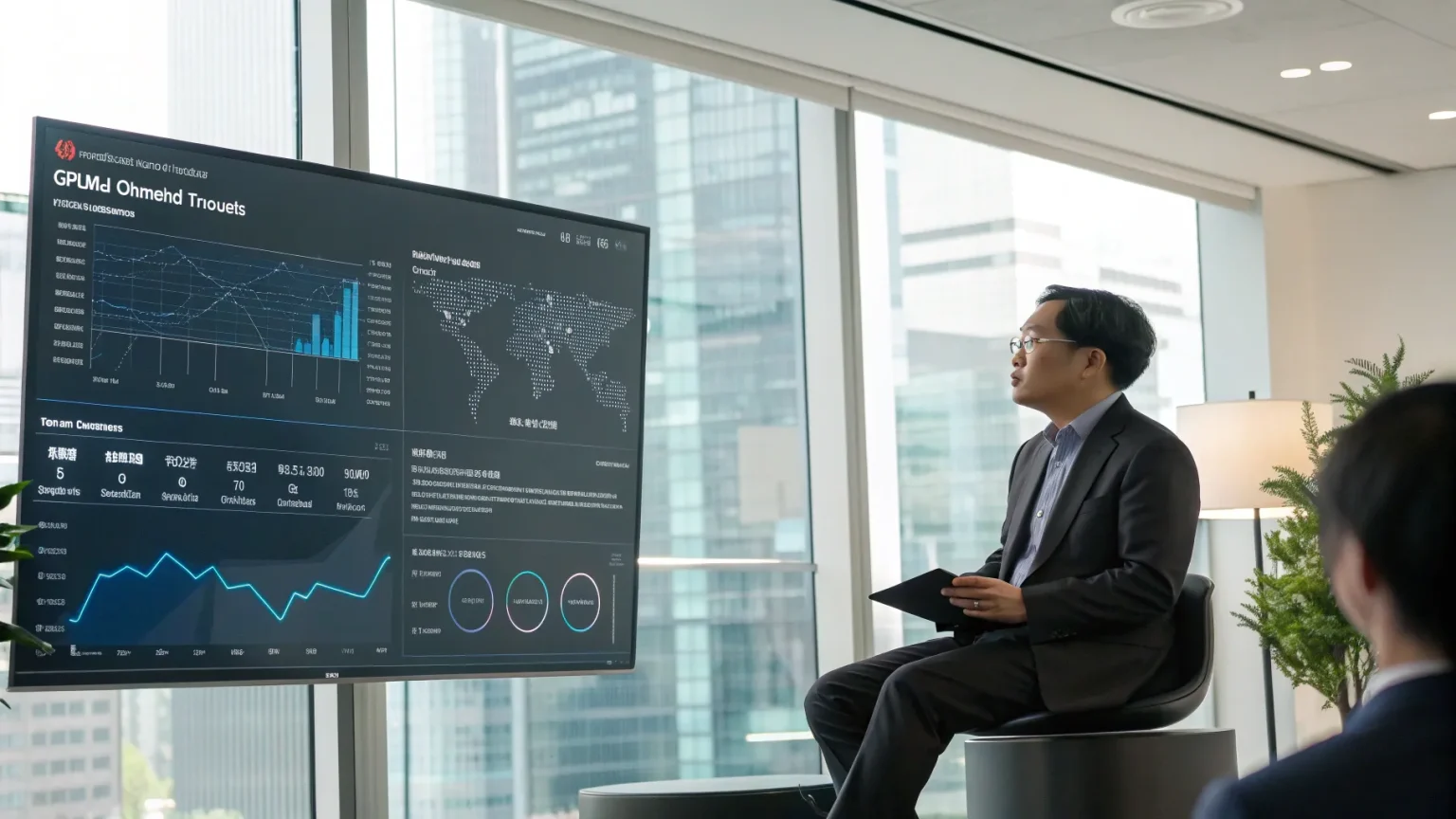Constellation Research founder R ‘Ray’ Wang shared his perspective on Nvidia, artificial intelligence stocks, and China’s AI capabilities during an appearance on ‘Varney & Co.’ The technology analyst provided insights into the current market dynamics and geopolitical factors influencing the AI sector.
Nvidia’s Market Position
Wang discussed Nvidia’s standing in the AI hardware market, where the company has established itself as a dominant force through its graphics processing units (GPUs) that power many AI applications. The analyst examined how Nvidia has capitalized on the growing demand for AI infrastructure, positioning itself as a critical supplier for companies developing and deploying AI technologies.
The semiconductor giant has seen substantial growth in recent quarters as organizations worldwide invest heavily in AI capabilities, driving demand for Nvidia’s specialized chips. Wang addressed how this trend has influenced Nvidia’s stock performance and market valuation.
AI Stock Market Outlook
Beyond Nvidia, Wang provided analysis on the broader AI stock landscape, noting how various companies across the technology sector are being valued based on their AI strategies and capabilities. The discussion highlighted which segments within the AI ecosystem might present investment opportunities.
Wang examined factors that could influence AI stock performance in the coming months, including:
- Corporate AI adoption rates across different industries
- Regulatory developments affecting AI deployment
- Competition among AI infrastructure providers
- The pace of AI innovation and its commercial applications
China’s AI Development
A significant portion of Wang’s analysis focused on China’s growing capabilities in AI technology and how this might impact global markets. The analyst assessed China’s national AI strategy and the resources being directed toward developing domestic AI expertise and infrastructure.
Wang discussed potential competitive threats posed by Chinese AI companies to their Western counterparts, particularly in light of ongoing technology restrictions and export controls. The analysis included how geopolitical tensions between the United States and China could shape the global AI landscape.
The conversation touched on China’s efforts to develop its own semiconductor capabilities to reduce dependence on foreign suppliers like Nvidia, especially as technology export restrictions have limited Chinese companies’ access to advanced AI chips.
Strategic Implications
Wang offered insights into how the AI competitive landscape might evolve given the current market dynamics and geopolitical factors. The analyst addressed how companies and investors might navigate the complex interplay between technological advancement, market competition, and international relations.
The discussion highlighted the strategic importance of AI as both an economic driver and a national security consideration, with implications for how governments approach technology policy and international trade.
Wang’s analysis suggested that the AI sector will likely continue to see significant investment and innovation, though competitive pressures and regulatory scrutiny may intensify as the technology becomes more pervasive across industries.
As AI technologies mature and find applications across more sectors, Wang indicated that the market may begin to differentiate more clearly between companies with substantive AI capabilities and those merely capitalizing on market enthusiasm for AI-related investments.
The insights provided by Wang offer a framework for understanding the complex factors shaping the future of AI technology development and its investment landscape, particularly as competition between major global powers intensifies in this strategically important field.







